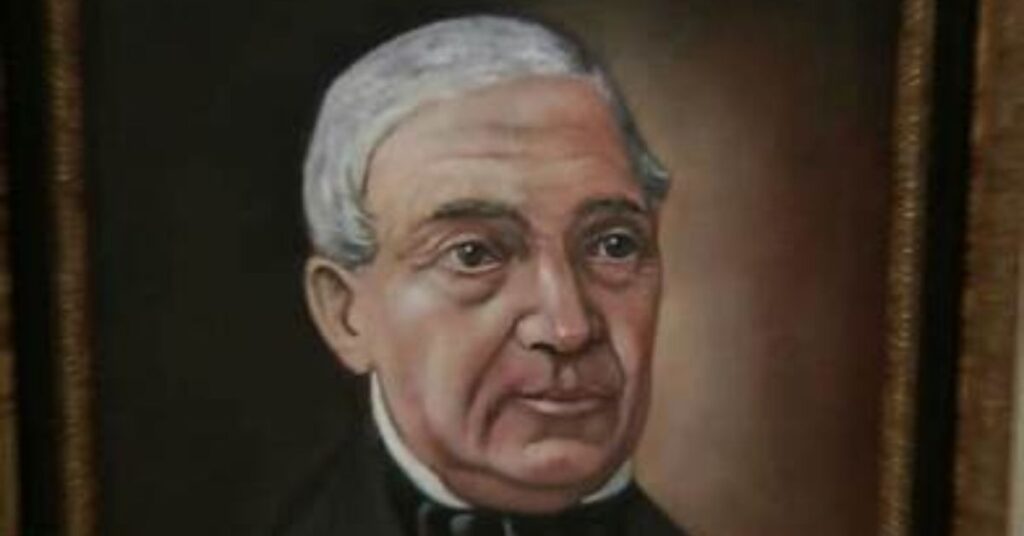Ferdinand Berthier was a pivotal figure in the history of deaf education and advocacy, playing a vital role in the development of institutions and movements that helped reshape the way society viewed and treated the deaf community. Born in the early 19th century, his contributions were not just limited to educational reforms but also extended to the establishment of rights and platforms for deaf individuals. This article explores the life and legacy of Berthier, highlighting his achievements, advocacy for the deaf community, and the lasting impact he had on education.
Early Life and Introduction to Deaf Education
Ferdinand Berthier was born on September 28, 1803, in Louhans, France. From an early age, Berthier was interested in learning and education, but his life took a significant turn when he was introduced to Jean Massieu, a prominent deaf educator, at the Institution Nationale des Jeunes Sourds de Paris (National Institute for Deaf-Mutes in Paris). Under the guidance of Massieu and later the influential Charles-Michel de l’Épée, Berthier developed a deep passion for deaf education and advocacy.
Although he himself was deaf, Berthier refused to be confined by societal expectations or limitations. He saw education as the key to unlocking the potential of the deaf community, and he quickly realized that deaf people had the same intellectual capabilities as their hearing peers. This early conviction would form the cornerstone of his life’s work.
Berthier’s Work in Deaf Education
Berthier became a prominent educator at the National Institute for Deaf-Mutes, where he was one of the first deaf teachers employed to educate other deaf individuals. His approach to education was revolutionary for his time. Berthier believed that deaf people could, and should, be taught using sign language, rejecting the popular notion that oralism (teaching deaf individuals to lip-read and speak) was the only way for the deaf to integrate into society.
Instead, Berthier emphasized the importance of deaf culture and the preservation of sign language, seeing it as an essential element of deaf identity. He actively worked to provide deaf students with a well-rounded education, focusing not only on vocational training but also on academic pursuits. His belief that deaf individuals could excel in any academic discipline was groundbreaking in an era when deaf people were often relegated to menial labor.
Founding of Deaf Rights Movements
In addition to his contributions to education, Berthier was a pioneering advocate for the rights of deaf individuals. He understood that education alone was not enough; the deaf community needed a voice in the broader society. In 1834, Berthier took a significant step towards this goal by founding the Société Centrale des Sourds-Muets (Central Society of Deaf-Mutes), an organization that aimed to support and promote the interests of the deaf community.
This society was one of the first of its kind, giving deaf individuals a platform to gather, share ideas, and advocate for their rights. Under Berthier’s leadership, the organization worked tirelessly to raise awareness of the unique challenges faced by the deaf community and lobbied for policies that would support deaf individuals in achieving their full potential.
Berthier’s Legacy in Advocacy
Berthier’s advocacy extended beyond the walls of educational institutions. He was a tireless advocate for the recognition of deaf culture and sign language, believing that these were critical components of deaf identity. His advocacy was instrumental in changing the perception of the deaf community in France, shifting the narrative from one of disability and limitation to one of empowerment and capability.
Berthier was also a prolific writer and public speaker, often engaging in debates about the best methods for educating deaf individuals. His writings were widely read in both France and abroad, influencing educators and policymakers across Europe. His passionate defense of sign language and deaf culture laid the foundation for the modern deaf rights movement, and his work continues to be celebrated by deaf activists today.
The International Influence of Berthier’s Work
Though Berthier’s primary work was in France, his influence extended far beyond his home country. His writings and advocacy efforts reached educators and advocates worldwide, contributing to the growth of deaf rights movements in other countries. His emphasis on the importance of sign language as a legitimate form of communication resonated with deaf communities globally, many of whom were similarly struggling against the dominance of oralist education methods.
Berthier’s legacy also had a profound impact on the development of deaf education in the United States. His ideas were particularly influential on American educator Thomas Hopkins Gallaudet, who was instrumental in founding the first school for the deaf in the United States. The Gallaudet University in Washington D.C., the world’s only university for deaf and hard of hearing students, stands as a testament to the enduring influence of Berthier’s work.
Honors and Recognition
Throughout his lifetime, Ferdinand Berthier received numerous accolades for his work. In 1849, he was awarded the Chevalier de la Légion d’Honneur, one of France’s highest honors, in recognition of his contributions to deaf education and his advocacy on behalf of the deaf community. This honor was particularly significant as it marked the first time a deaf individual had received such recognition in France.
Beyond this official recognition, Berthier’s most enduring legacy lies in the countless lives he impacted through his work in education and advocacy. His commitment to improving the lives of deaf individuals has had a lasting impact on generations of deaf students, educators, and advocates.
Berthier’s Enduring Legacy
Ferdinand Berthier passed away on July 12, 1886, but his legacy continues to inspire and guide the deaf community today. His work in advocating for the use of sign language in education and his emphasis on the importance of deaf culture laid the groundwork for the modern deaf rights movement.
Today, Berthier is remembered not just as an educator but as a visionary who helped elevate the status of the deaf community in both France and the world. His life’s work serves as a reminder that every individual, regardless of their abilities or disabilities, deserves the opportunity to reach their full potential.
The continuing efforts to preserve and promote sign language, as well as the ongoing fight for the rights of deaf individuals, are a testament to Berthier’s enduring influence. His belief in the power of education and advocacy remains as relevant today as it was in the 19th century.
Conclusion
Ferdinand Berthier was a true champion for the deaf community, advocating for both their right to education and their right to cultural recognition. His pioneering work in deaf education, coupled with his unwavering commitment to deaf rights, has left an indelible mark on history. Through his efforts, deaf individuals were given a voice and the opportunity to thrive in a society that had long marginalized them. Berthier’s legacy serves as a powerful reminder of the importance of inclusion, education, and advocacy in creating a more just and equitable world.







